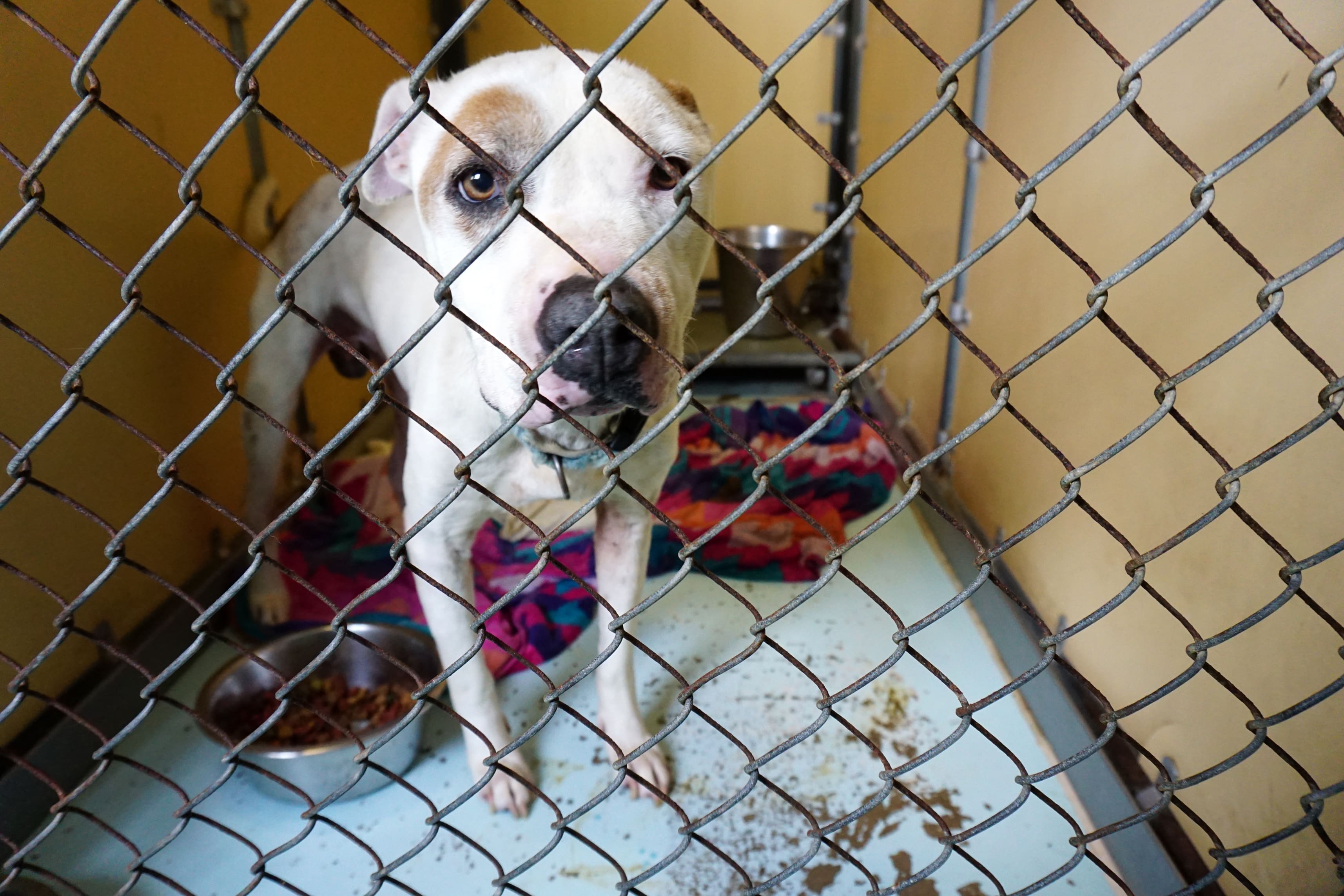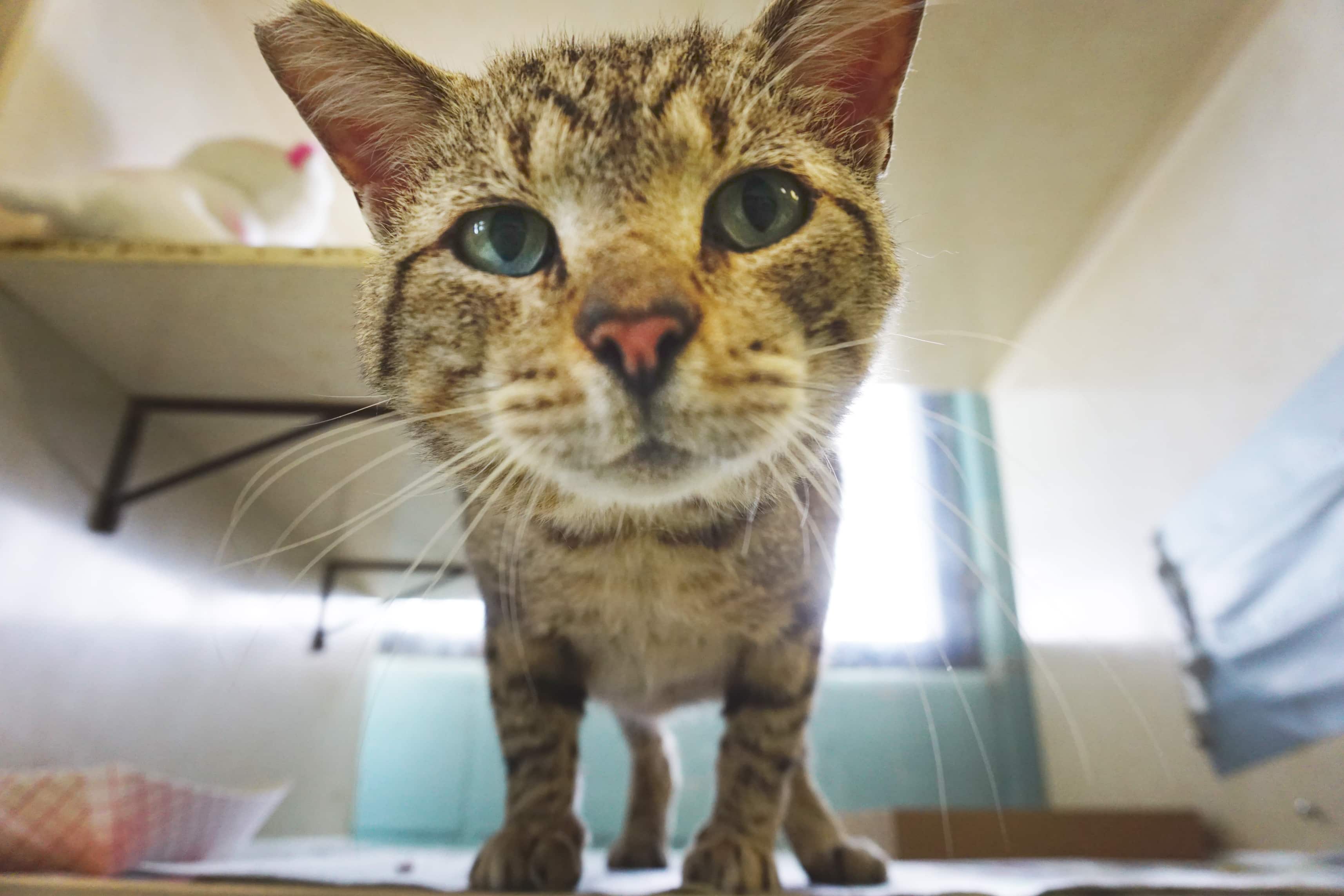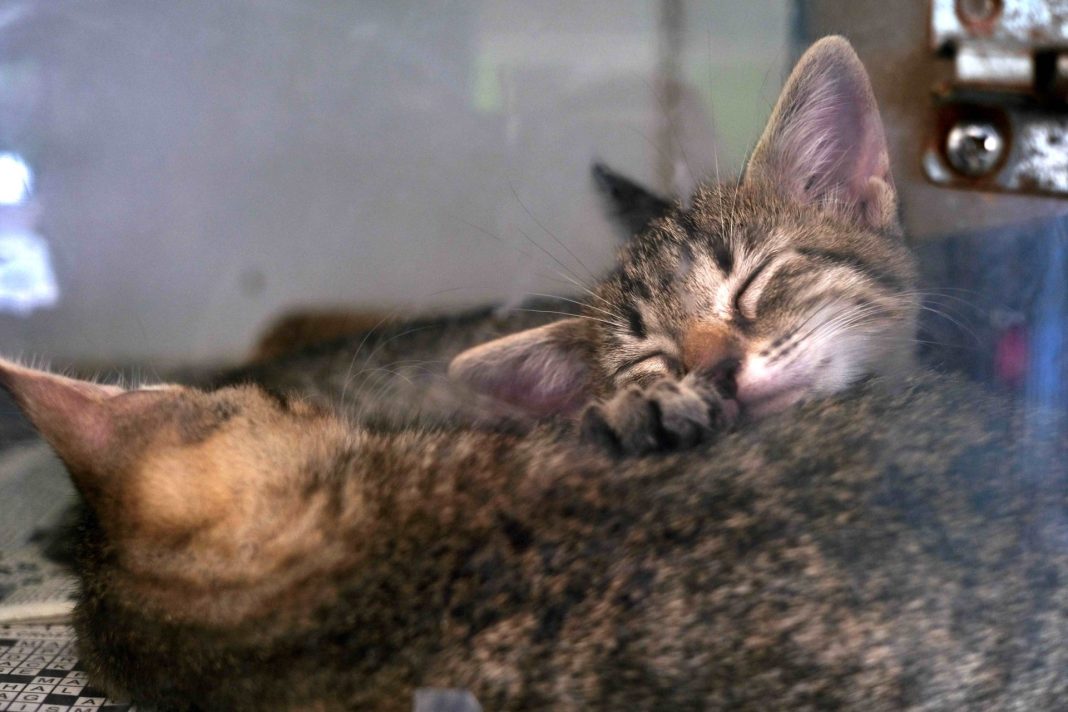|
Only have a minute? Listen instead
Getting your Trinity Audio player ready...
|
HARLINGEN — Three weeks after animal rights groups rose up against what they called a city proposal that would force Harlingen’s “no-kill” shelter to euthanize dogs and cats, commissioners are working to revise the Rio Grande Valley Humane Society’s annual contract.
Late last month, animal rights advocates’ heated concerns led commissioners to hold off on approving a new contract, granting the humane society a 120-day extension on the annual agreement its held for years.
Now, commissioners are requesting Luis Quintanilla, the agency’s executive director, meet with them in a Tuesday workshop planned as a “discussion of the RGV Humane Society budget, policy and procedures.”
In response, Quintanilla says he believes commissioners are working to draft a contract the humane society could support.
“The humane society board along with the city commission are working together to try to find a path forward,” he said in an interview. “We are in the very early stages and the situation is still very fresh but I think there is a path forward to continue our great work for the community.”

Working together
Meanwhile, commissioners are planning to “negotiate in good faith,” Mayor Norma Sepulveda stated.
At City Hall, officials were requesting the humane society present “detailed financial information” by last Friday’s deadline as commissioners review the nonprofit’s budget, policies and procedures, she stated, citing an “ongoing commitment to transparency and responsible financial stewardship.”
“We look forward to working collaboratively with RGVHS to achieve our shared goals to include finding permanent homes for every cat and dog in Harlingen while also being mindful of taxpayer money,” Sepulveda stated.
Commissioners are holding the workshop “to gain a better understanding of the impactful work being done by the RGVHS within our community,” she stated, noting the city’s contract gives the humane society more than $400,000 a year.
“This inquiry aims to provide clarity on how the city’s significant contribution of more than $400,000 is being utilized by the RGVHS,” she stated. “While we appreciate the broader efforts of the RGVHS across the Rio Grande Valley, as Harlingen leaders our primary focus is to ensure that these funds are prioritized for the welfare of our local animals and the needs of Harlingen residents.”
“As stewards of taxpayer money, we recognize the importance of accountability and we must justify how each taxpayer dollar is spent. This is why, earlier this year, we began asking for this detailed information that includes a greater extent of financial information than we have previously been provided. We are seeking standardized financial information to discern precisely how each city dollar is allocated toward saving and benefiting dogs and cats in Harlingen. The workshop and initiatives are driven by our commitment to being responsible guardians of public funds and to ensuring that each of our community’s needs are met, including animal welfare,” she said.

Responding to concerns
A day after fired-up animal rights’ groups spoke out during last month’s meeting, Quintanilla stood by their concerns that the proposed contract would open the humane society to take in more dogs and cats, arguing it would force euthanizations at the shelter priding itself as one of the state’s “no-kill” leaders.
Meanwhile, he argued the proposed contract wouldn’t compensate the humane society for taking in more animals while requiring it to take on the old shelter’s maintenance and repairs.
During the heated meeting, Sepulveda told the audience commissioners were granting the humane society an extension of its old contract as part of “a negotiation” as they review the annual agreement.
Sepulveda told the group the city wasn’t calling for an “open-door policy,” responding to concerns the proposed contract would force the shelter to euthanize a steady flow of animals.
Instead, she said the proposed contract was aiming to allow Harlingen residents to request the shelter care for their pets “and give it a better opportunity to survive.”
“That is the partnership with the humane society,” she told the audience.
Since 2020, the humane society has prided itself as a “no-kill” shelter.
“The RGV Humane Society is the Rio Grande Valley’s only no-kill animal shelter and it is our mission to make the entire region a safer place for pets,” the organization states on its website.
“In the last two years, our work has saved the lives of over 10,000 homeless pets and has served over 15,000 additional pets through our low-cost spay/neuter and vaccination services,” the website states.




